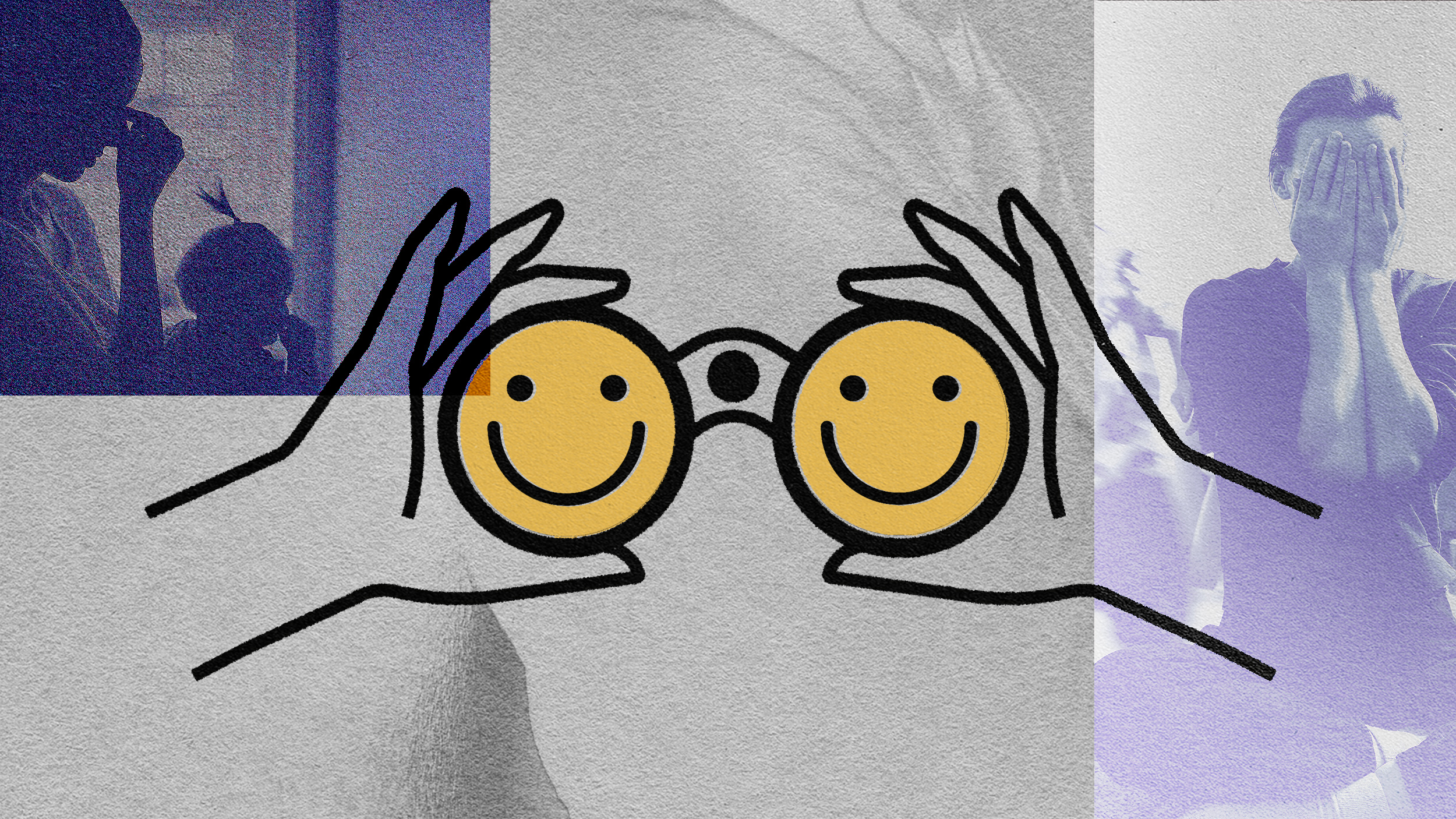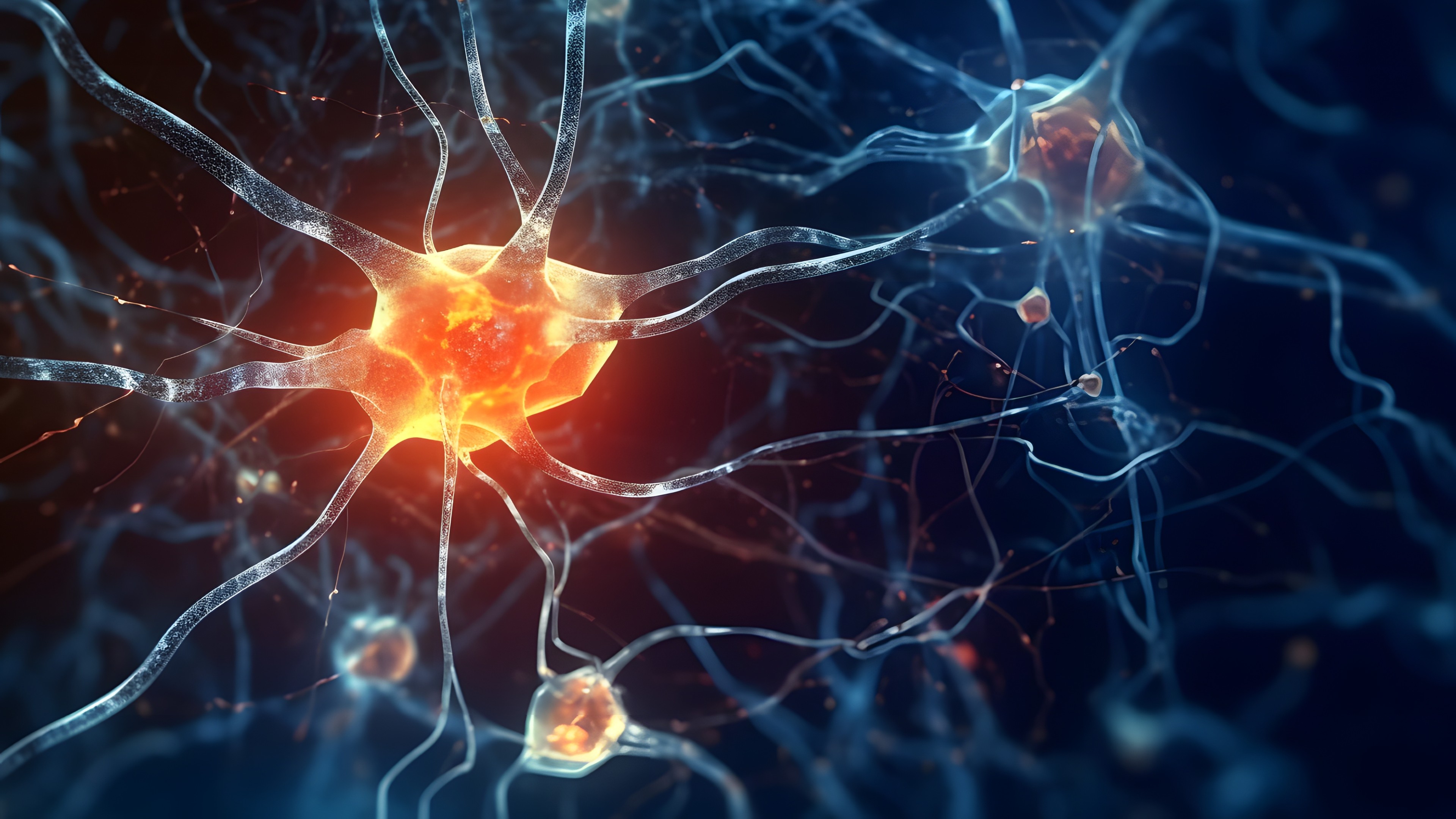FDA approves ketamine-like nasal spray for depression

- The drug is closely related to the anesthetic ketamine, and it’s likely to be covered by many insurance plans.
- It’s to be used in addition with antidepressants, and only by patients who’ve tried two antidepressants and still don’t feel better.
- Intravenous ketamine treatments are already available in the U.S., but they’re not approved by the FDA.
It’s the first fast-acting depression drug to be approved by the federal government, and it could usher in a new era of treatment for the debilitating condition that affects some 16 million American adults. The drug, which is produced by Janssen Pharmaceuticals Inc., will be sold under the name Spravato, and it’s intended to be used alongside an oral antidepressant.
Esketamine will only be available to patients who’ve tried two other antidepressants and still don’t feel better. It’s these patients — they account for one-fourth of the 16 million American adults who suffer from depression — who are likely to benefit most from the drug.
“There has been a longstanding need for additional effective treatments for treatment-resistant depression, a serious and life-threatening condition,” Dr. Tiffany Farchione, acting director of the Division of Psychiatry Products at the FDA’s Center for Drug Evaluation and Research, said in a news release announcing the approval.
A new era of treatment
So, what’s been holding up the availability of such additional treatments? The main factor is concern over the safety and addictive potential of drugs such as ketamine. Known as Special-K on the black market, ketamine is an anesthetic that’s been a popular rave and festival drug since the 1980s, providing users highly dissociative and sometimes hallucinogenic experiences. It can also cause psychotic episodes.
That’s partly why the FDA approval requires patients to undergo the treatment course (one dose twice a week for four weeks) in a doctor’s office or clinic, and that they don’t drive.
To be sure, intraveneous ketamine treatments are already available at U.S. clinics, but they’re not approved by the FDA, and, therefore, aren’t covered by insurance companies. The new drug is expected to be covered by most insurance plans, though it won’t exactly be cheap: Janssen estimated the wholesale cost of a treatment course to be between $2,360 and $3,540.
Why ketamine?
Depressed people who’ve undergone ketamine treatments have reported that the drug quickly lifted them out of despair, a benefit that, in some cases, seemed to last over the long term. Here’s how one patient described her experience to the New York Times:
“I remember floating, I was really high… I was tripping on sounds, textures and shapes, that was very much a part of it,” said Theresa, 57, who said she felt a positive ‘shift’ in her underlying mood after several infusions of ketamine. “It’s a hard thing to describe. I was still anxious, but I felt somehow more solid, like something gelled within me, and my husband has noticed it, too.”
In addition to treating depression, it’s thought that ketamine might be useful in treating anxiety and suicidal thoughts. What’s more, ketamine and esketamine can take just hours to kick in, while common antidepressants, such as Prozac, can take weeks or months to take effect.
Still, it remains unclear why ketamine treats depression. Some scientists think the healing properties of ketamine can be traced to a compound produced when the body breaks down the drug. If that’s the case, it could mean that patients might someday be able to reap the benefits of the drug without experiencing the trippy side effects.





